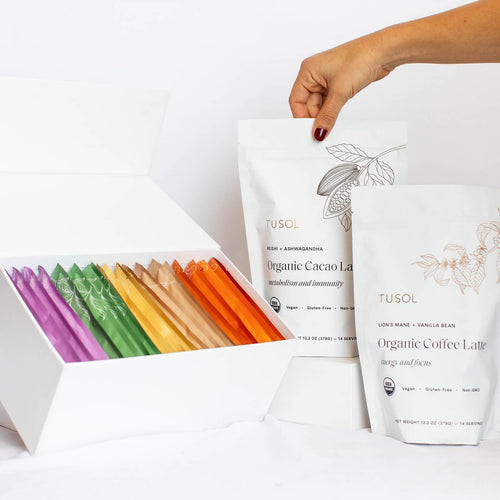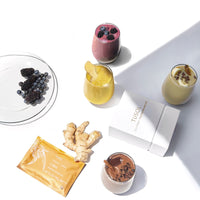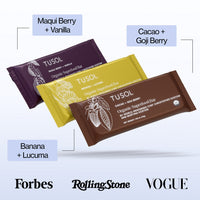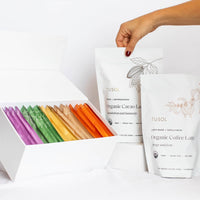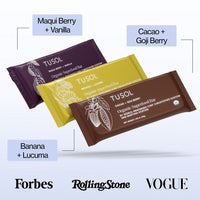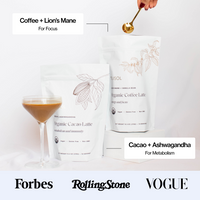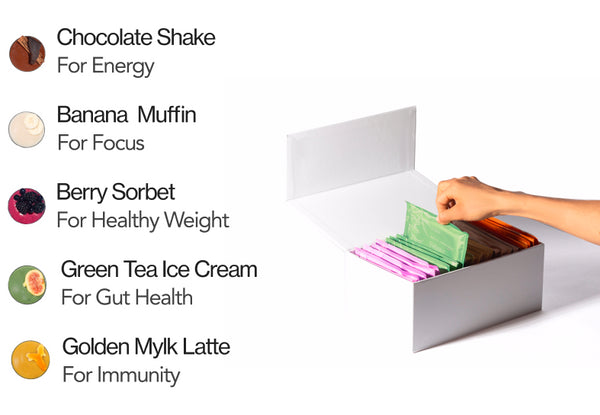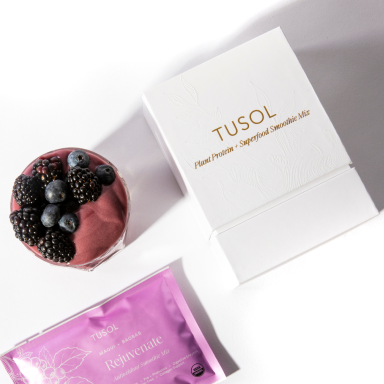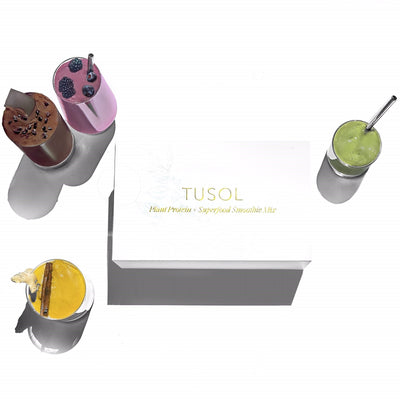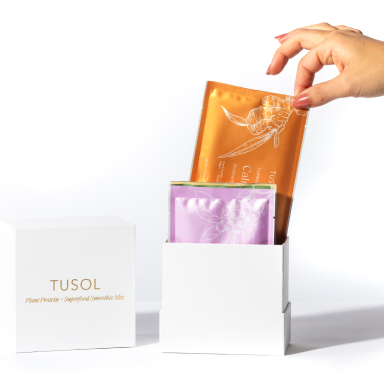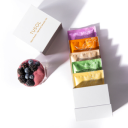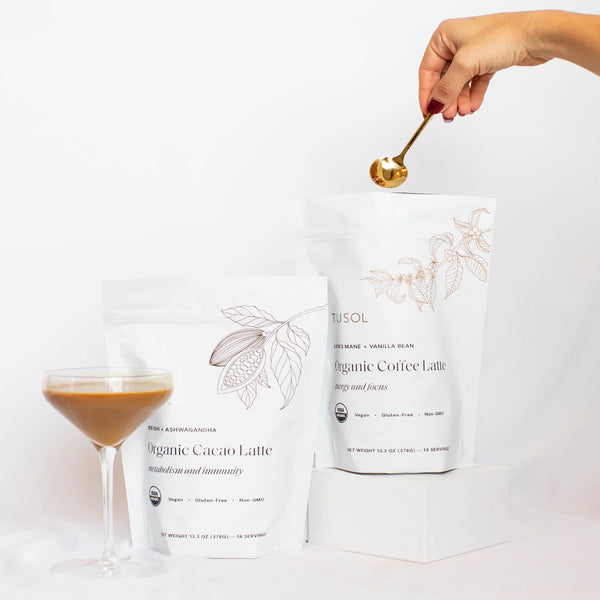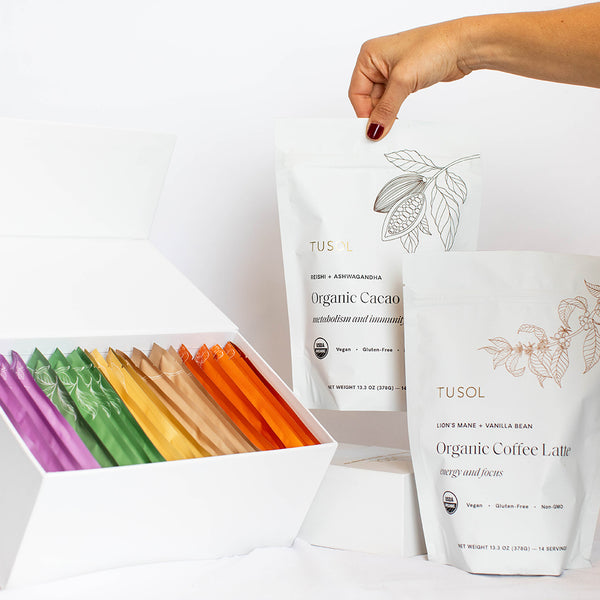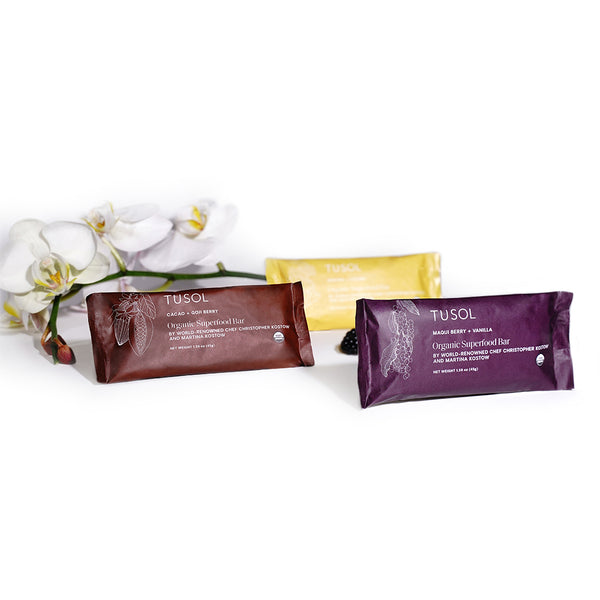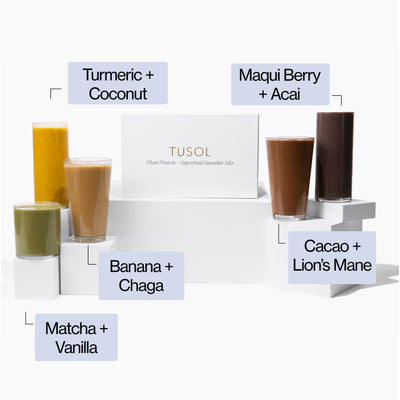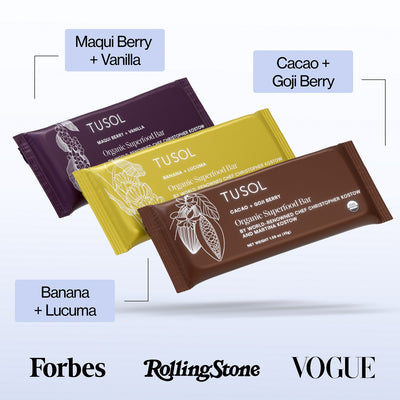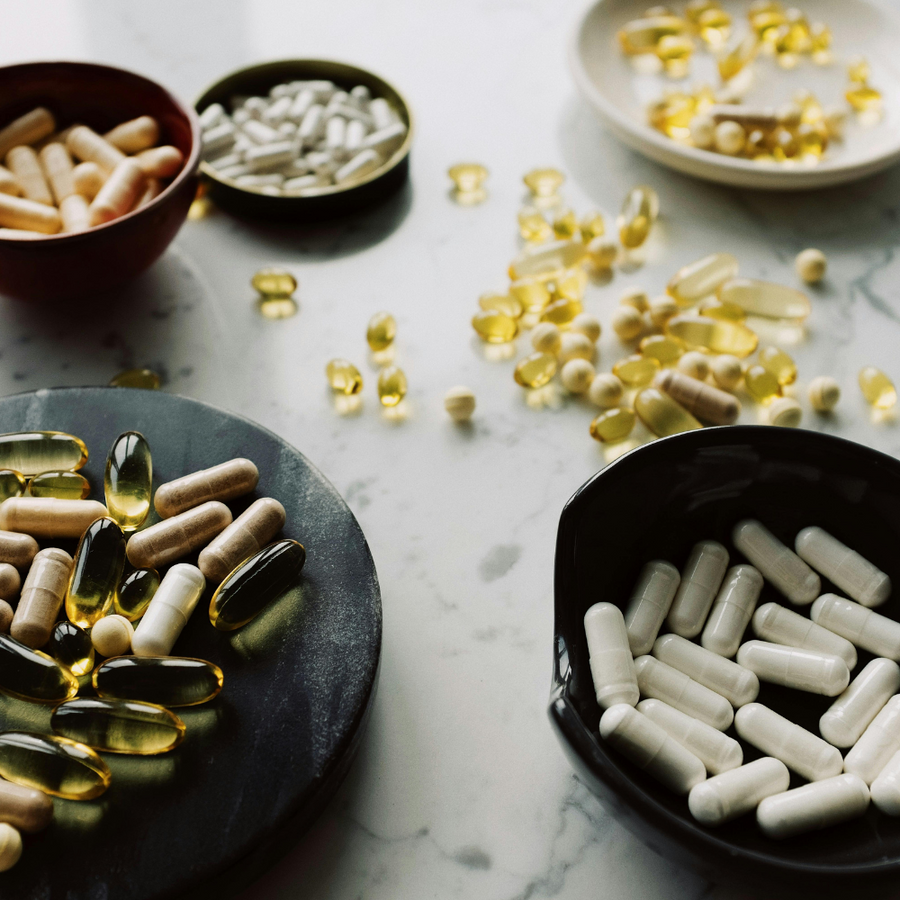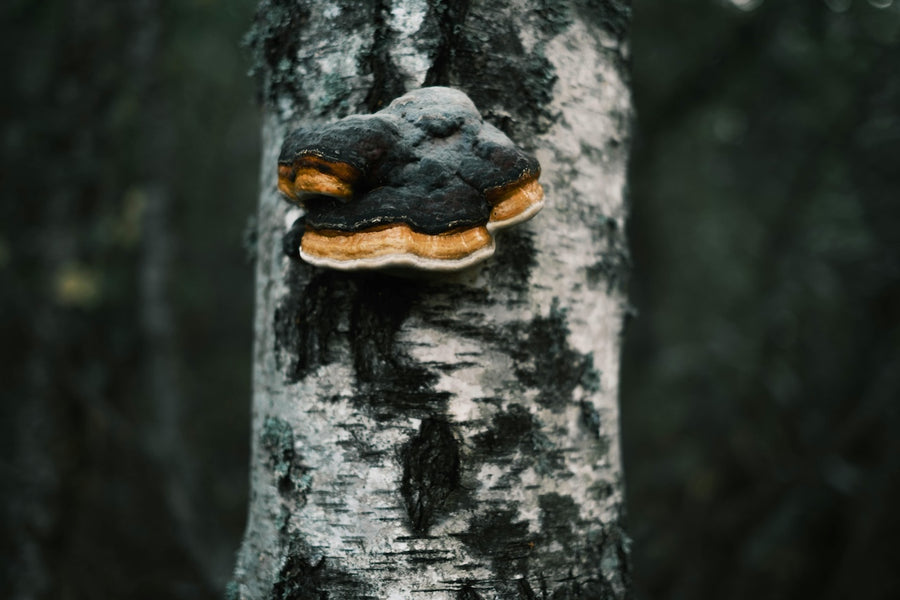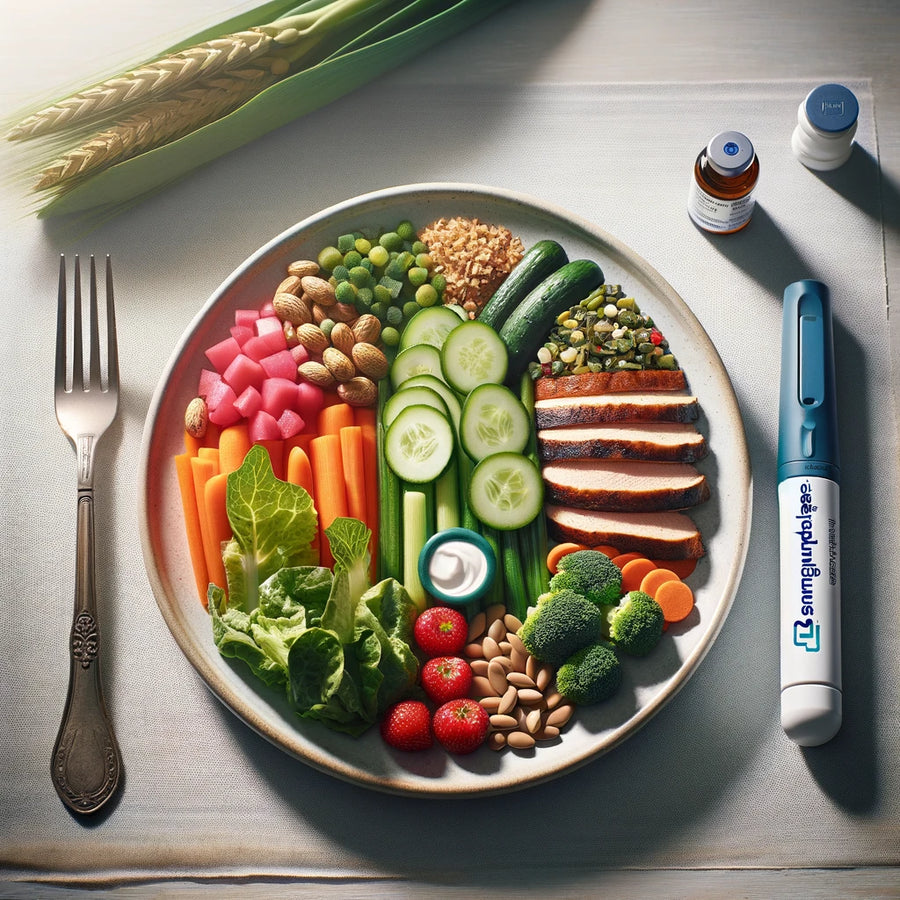- There’s a specific bacterium that protects it using glucose
- A compound that also exists in fish can proliferate if there’s an imbalance
- The vagina is as acidic as an apricot with a pH balance of 3.8-4.5
- Different male partners can change the pH balance
- Sperm has medicinal properties, and can increase lifespan if absorbed
- Harsh soaps are no bueno down south!
The Protector
The vagina is mostly dominated by Lactobacillus –Yes, same strain found in your yogurt. These species promote a protective environment in the vagina by making it more acidic, about the acidity of an apricot. They achieve a lower pH balance by producing lactic acid when they ferment glycogen (stored glucose) in the body. Sweet! When the pH changes it affects the environment of lactobacillus, which allows candida to multiply. This is called vaginosis, which releases an unpleasant odor when it produces the substance called trimethylamine, the same compound that gives fish the fishy odor. Sorry for the visual, but it gets interesting…I promise. The acidity is important because a well-balanced vagina can keep bacteria and viruses away, like herpes and zika. Lactobacillus also produces hydrogen peroxide, which keeps the growth of B-Streptococcus away, the leading cause of mortality in infants when they are born from a mother who has this strain of bacteria. Some types of lactobacillus also produce effective weapons called bacteriocins that can directly kill other bacterial species. Just as in the news, in the microbe world there’s also a constant war for territory. Studies have showed that 6 months of using birth control pills increases the chances of getting yeast infections from candida. The use of antibiotics, hormonal contraceptives and other methods of birth control, sexual activity, vaginal lubricants, douching, and so forth, affected the beneficial bacteria.A different partner can change the vaginome.
Interestingly enough, the pH balance and bacteria composition can change with different male partners. That’s because there are about 10 million bacteria per ml of semen. This happens when there is unprotected sex involved and the male partner ejaculates inside. However pre-cum can also introduce new bacteria too. Just a 10 second French kiss can introduce 80 million bacteria. Semen has a basic pH and can neutralize the acidity of the vagina for up to 8 hours. And if you used protected sex and used a condom, the condom can also affect the microbiome since most condoms contain chemicals like spermicides, that kills sperm and nitrosamine a known carcinogen may also affect the lactobacillus. I found a natural, healthier brand of condoms that are nitrosamine free, with a more natural approach. Get it here. Sustain Natural Condoms Nitrosamine Free
Sperm benefits the vagina in many ways
The vagina wall is highly absorbent, while semen contains quite a few components that have been studied and have shown anti-depressant qualities. One of these is nerve growth factor, which is very abundant in semen and vital for maintaining the brain’s neurons. NGF’s primary responsibility in semen is to help relax the female so that the sperm can achieve its reproductive objective. It’s also been shown to be a vital hormone missing in the brains of those who suffer from depression. This means that increasing nerve growth factor would only prove to make people happier. Additionally, nerve growth factor has been found to be an anti-inflammatory. Semen contains hormones like oxytocin (the love hormone), progesterone (anti-stress hormone), melatonin (the sleep hormone), and serotonin. It’s also known to help stop the brain from aging with the help of antioxidants. Want to know more? Spermidine (originally isolated from sperm, hence the name), when ingested, has been proven to dramatically increase the lifespan of animals by as much as 25 percent. In the same study, it was also found to prevent liver disease, as well as liver cancer.The vaginome during pregnancy
When pregnant, the vagina becomes lactobacillus dominated, which according to some studies, lowers the risk of preterm birth. Interestingly, when the baby is born it is coated with vaginal fluids called vernix – the cheesy stuff covering newborns. Vernix contains lactobacillus and useful branched chain amino acids, like asparagine and glutamine. Vernix might also suppress specific pathogenic bacteria. The World Health Organization advises delaying baby’s first bath for 24hours.What to do with hygiene
Because harsh soaps and chemicals found in most synthetic soaps are anti-bacterial, it’s wise not to use them directly on the vagina. Rinsing with water is more than enough. That’s because the vagina has a variety of glands that produce fluids needed to both lubricate and cleanse. These fluids have a lot of globular proteins secreted, the majority being albumin, and the immunoglobulin IgG, a type of antibody, great for immunity, if you’d like to use this as a supplement. That’s because they bind pathogens causing their immobilization leading to their elimination, also binding and neutralizing toxins. Things you can take to make sure your bacteria is happy:- Drink lots of liquids. The fluids needed to lubricate and fight pathogens can’t be made if you are chronically dehydrated.
- Feed on whole foods, especially fruits like apples and oranges, and antioxidant-rich foods, like blueberries and cranberries
